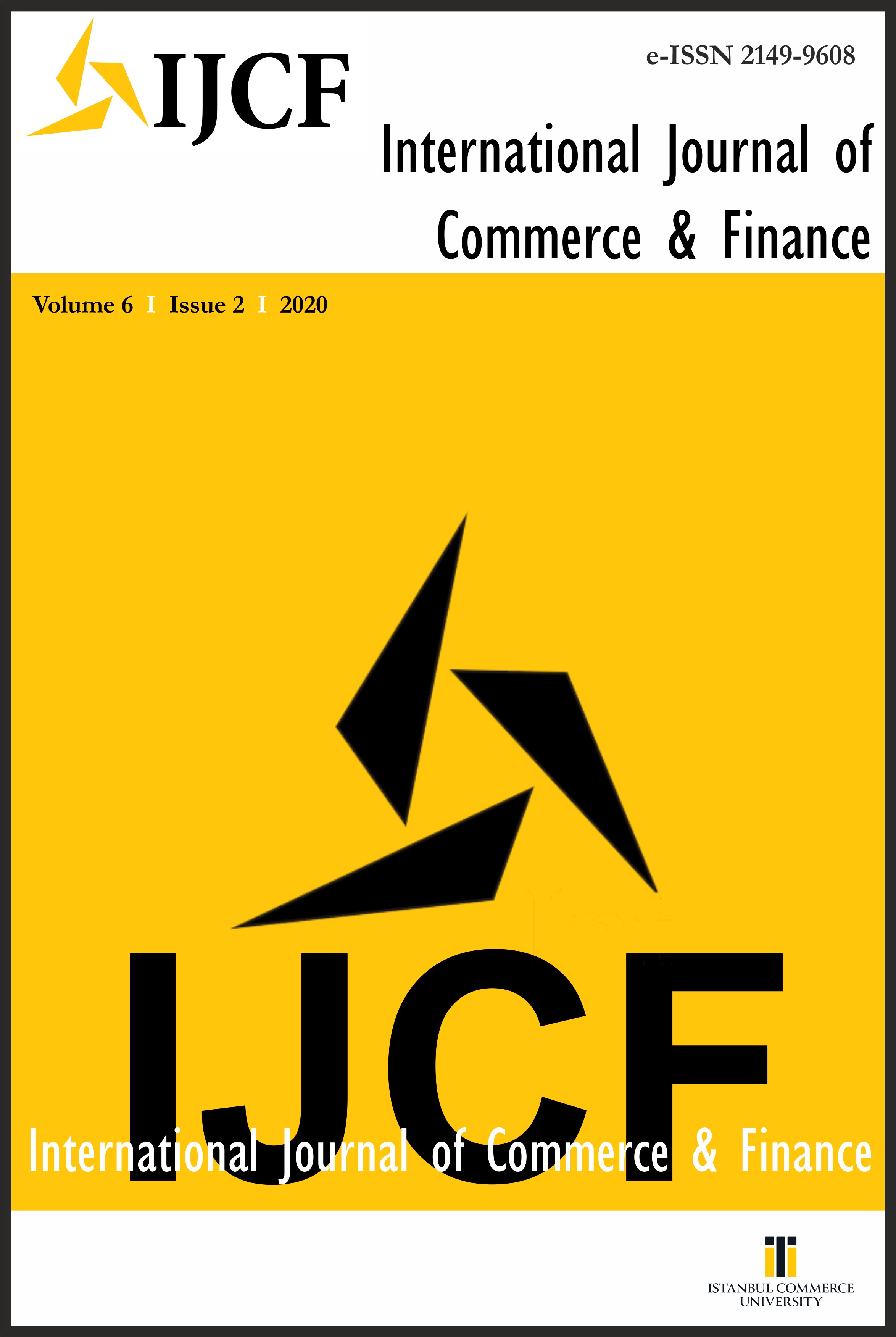Sectorial Transition Dilemma of Smallholder Grain Farmers To Light Manufacturing Industry in Jimma Zone, Oromia Regional State, Ethiopia
Abstract
This research was designed to assess willingness, ability, motive, preference and determinants of smallholder major grain farmer’s transition dilemma to light manufacturing industry in Jimma Zone, Oromia Region, Ethiopia. The participants of the study were selected using two stage non probabilistic, purposive sampling. Then, we prepared sample frame from each Kebeles fall in our selection pool. Finally, 399 household heads (farmers) were selected for this study, using stratified sampling. Then, primary data collected via structured questionnaire was analyzed descriptively and in binary logistic regression. Accordingly, majority of smallholder major grain farmers need to stay on their current crop farming. Increasing these products productivity and price is one possible means of intervention to improve the areas smallholder farmer’s livelihood. The descriptive statistics depicts that, small holder farmers’ transitional dilemma to light manufacturing sector and the fate of industrialization plan in Jimma zone is at its infant stage and those small holder farmers have almost no any awareness, no know how about technologies, not trained and they have no entrepreneurial skill. The result revels that the major determinants of smallholder grain farmers sectorial transition plan in the study area was significantly affected by age, sex, marital status, skilled labour access, access to credit, price product expectation, place,Awareness, Education level, Entrepreneur skill, Training, Transport and Energy.Hence, effort should be geared in manner that build farmers capacity through adult literacy program, formal education and with short term training. This research was designed to assess willingness, ability, motive, preference and determinants of smallholder major grain farmer’s transition dilemma to light manufacturing industry in Jimma Zone, Oromia Region, Ethiopia. The participants of the study were selected using two stage non probabilistic, purposive sampling. Then, we prepared sample frame from each Kebeles fall in our selection pool. Finally, 399 household heads (farmers) were selected for this study, using stratified sampling. Then, primary data collected via structured questionnaire was analyzed descriptively and in binary logistic regression. Accordingly, majority of smallholder major grain farmers need to stay on their current crop farming. Increasing these products productivity and price is one possible means of intervention to improve the areas smallholder farmer’s livelihood. The descriptive statistics depicts that, small holder farmers’ transitional dilemma to light manufacturing sector and the fate of industrialization plan in Jimma zone is at its infant stage and those small holder farmers have almost no any awareness, no know how about technologies, not trained and they have no entrepreneurial skill. The result revels that the major determinants of smallholder grain farmers sectorial transition plan in the study area was significantly affected by age, sex, marital status, skilled labour access, access to credit, price product expectation, place,Awareness, Education level, Entrepreneur skill, Training, Transport and Energy.Hence, effort should be geared in manner that build farmers capacity through adult literacy program, formal education and with short term training.
Keywords
Full Text:
PDFIndexing and Abstracting Services










Other Sources and Services



License

International Journal of Commerce and Finance is licensed under a Creative Commons Attribution-NonCommercial-4.0 International (CC BY-NC 4.0) License.
Mailing Address
| International Journal of Commerce and Finance Örnektepe Mah. İmrahor Cad. No: 88/2, Beyoğlu 34445 / İSTANBUL, TURKEY E-mail : hersoy@ticaret.edu.tr |



